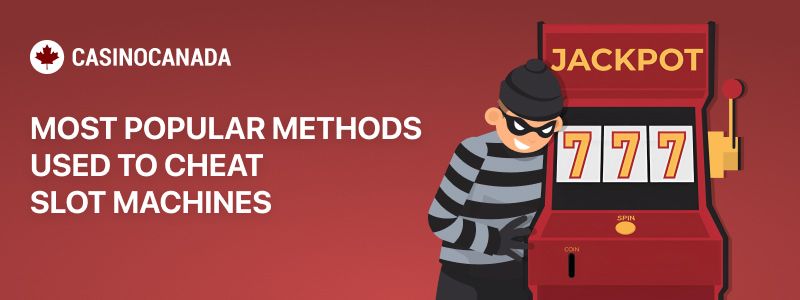
Casino enthusiasts have long debated different ways to cheat at slot games. However, due to the implementation of random number generator (RNG) algorithms and strict security measures in casinos, it is practically impossible to cheat at slots. While it may seem feasible to manipulate the mechanics of the machines at online casinos , some dishonest players have attempted various strategies to deceive the machines at land-based casinos . We’ve compiled a list of the various tactics that crafty individuals use to try and cheat slot machines.











